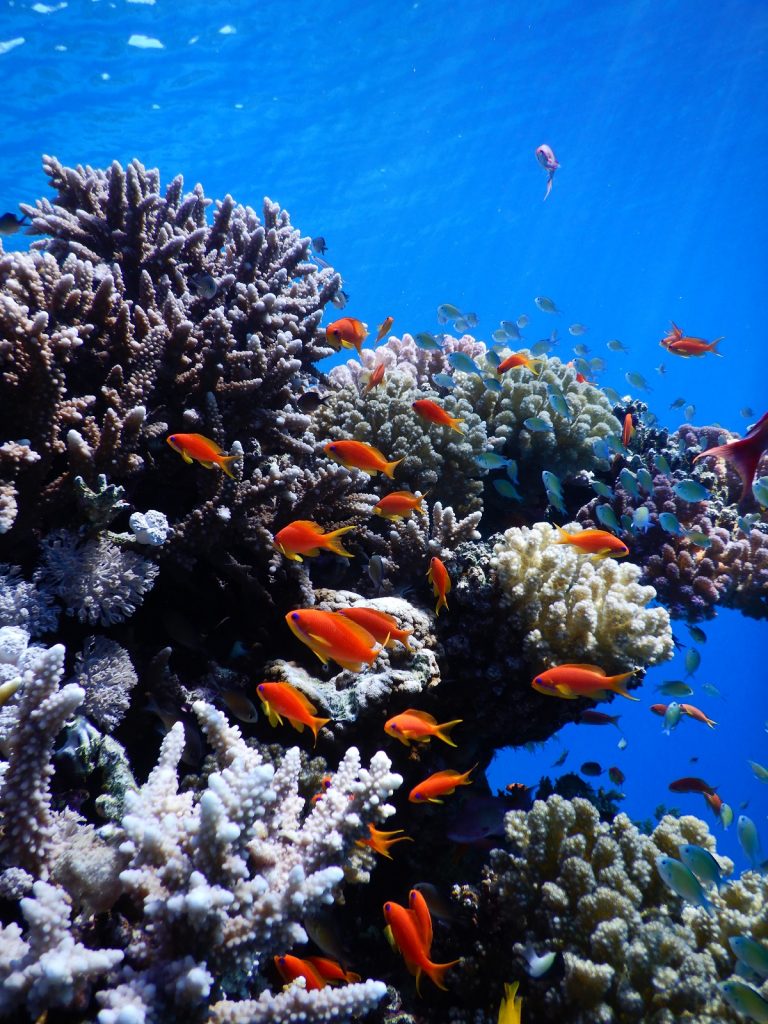Researchers at Tel Aviv University (TAU) have identified a pathogen that caused large-scale death among sea urchins in the Red Sea and warns its spread to the Indian Ocean threatens the coral reefs across the planet.
Sea urchins feed on the algae that compete with corals for sunshine, making them the so-called “gardeners” of the reefs. Their disappearance could have a massive impact on the natural balance of the already endangered underwater ecosystem.
The scientists from TAU’s School of Zoology and the Steinhardt Museum of Natural History (SMNH) first identified the epidemic last year in Israel’s Red Sea city of Eilat, where the pathogen has essentially eradicated most of the sea urchins.
Since then, it has spread across the Red Sea and into the Indian Ocean, transforming what was a local phenomenon into a potentially disastrous worldwide pandemic – threatening coral reefs across the globe.
The researchers believe that since the start of the epidemic in December 2022, most of the sea urchins in the Red Sea have been wiped out, and an unknown number of the creatures have also died worldwide.
“This is a growing ecological crisis, threatening the stability of coral reefs on an unprecedented scale. Apparently, the mass mortality we identified in Eilat back in 2023 has spread along the Red Sea and beyond – to Oman, and even as far as Reunion Island in the Indian Ocean,” said Dr. Omri Bronstein of TAU, who led the study.
“The deadly pathogen is carried by water and can affect vast areas in a very short time. Even sea urchins raised in seawater systems at the Interuniversity Institute for Marine Sciences in Eilat, or at the Underwater Observatory, were infected and died, after the pathogen got in through the recirculating seawater system. As noted, death is quick and violent,” he said.
“Moreover, until recently, only one species of sea urchins was known to be impacted by this pathogen – the Caribbean species. Today we know that additional species are susceptible to the disease – all belonging to the same family of the most significant sea urchin herbivores on coral reefs.”
Related posts

Israeli AI Safety Tool Among TIME’S Best Inventions For 2024

TAU Team Discovers Mechanism To Eliminate Cancerous Tumors

Ashdod Port Investing In Startups As Part Of Innovation Strategy




Facebook comments